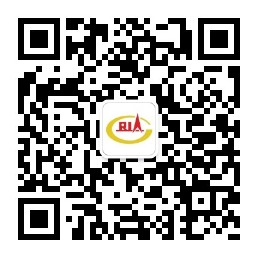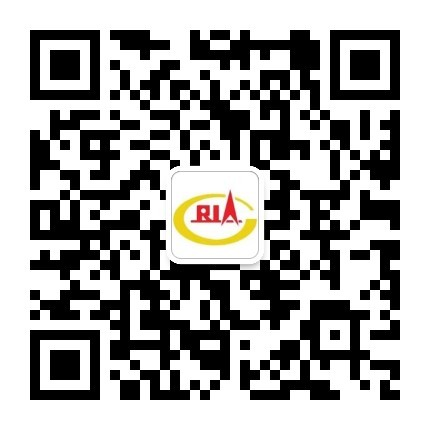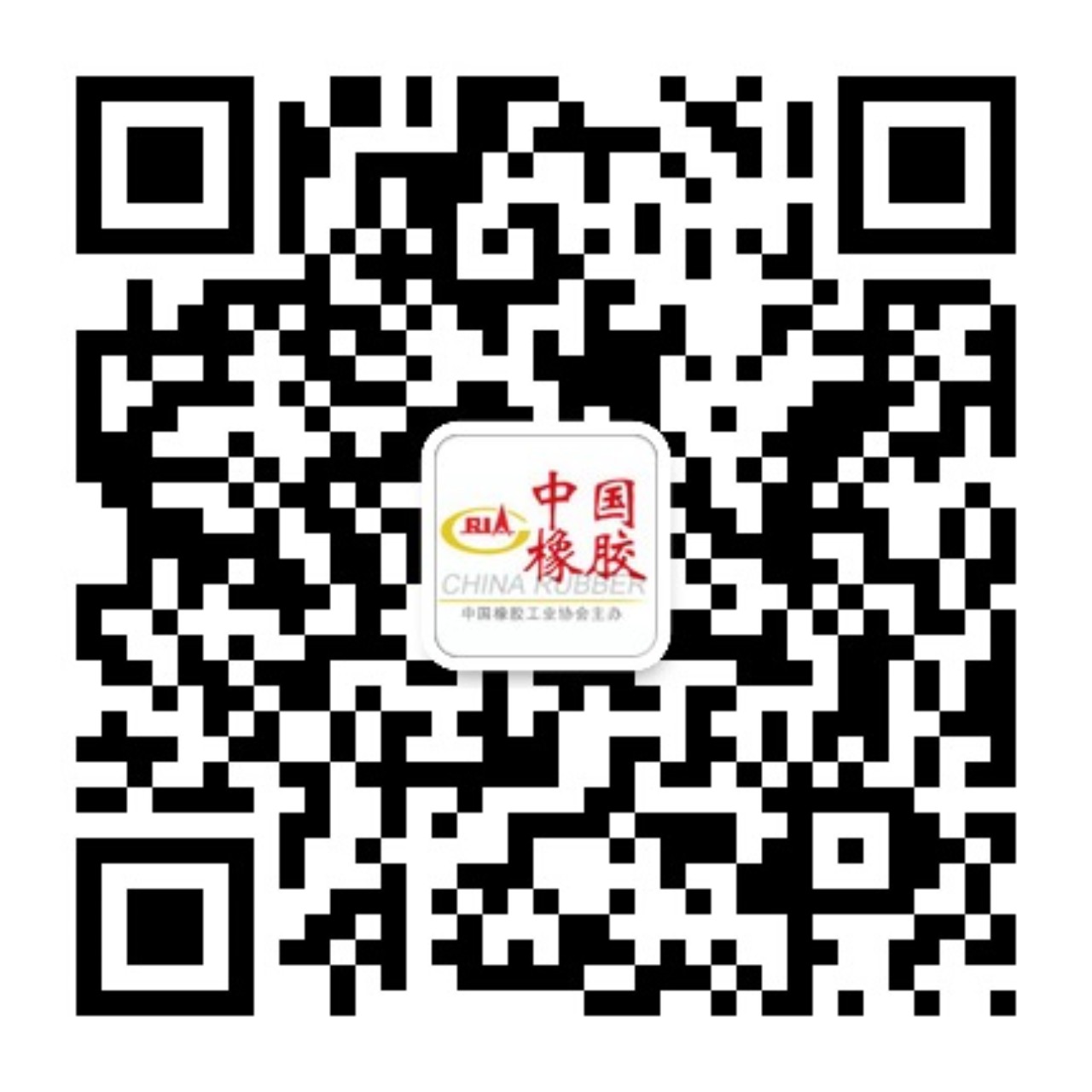WASHINGTON—President Trump's "Phase One" trade agreement with China is getting mixed reviews among U.S. businesses, depending on the sector.
The National Association of Manufacturers was elated with the deal announced Dec. 13.
"President Trump has landed an historic enforceable deal that protects a broad range of U.S. intellectual property, such as trade secrets, and provides strong new tools to tackle counterfeiting of our products," said NAM President and CEO Jay Timmons.
The Motor & Equipment Manufacturers Association said it was encouraged by the Phase One agreement and looked forward to seeing further details.
"MEMA encourages the administration to review the 25 percent tariffs still in place on $250 billion worth of goods," the association said. The products that retain the 25 percent tariff level include autos and auto parts.
"In many cases, these tariffs are causing financial strain on suppliers throughout the U.S.," MEMA said.
The agreement halves tariffs on products on List 4A from Section 301 of the Trade Act of 1974 from 15 percent to 7.5 percent. These products, about $120 billion worth, include retreaded tires, conveyor belts and rubber hoses, as well as rubber footwear and a number of chemicals.
It removes tariffs entirely on products on Section 301's List 4B, including other types of rubber footwear and chemicals.
Announcing the agreement, U.S. Trade Representative Robert Lighthizer said it requires structural reforms to China's economic and trade practices in such areas as intellectual property, technology transfer, agriculture, financial services and foreign exchange.
"President Trump has focused on concluding a Phase One agreement that achieves meaningful, fully enforceable structural changes and begins rebalancing the U.S.-China trade relationship," Lighthizer said.
The agreement, according to the USTR summary, does the following:
- Sets out binding and enforceable obligations to address several unfair technology transfer practices in China, as identified in USTR's Section 301 investigation.
- Addresses structural barriers in food and agriculture trade that will allow expansion of U.S. food, agriculture and seafood products to China.
- Addresses unfair currency practices by requiring commitments to refrain from competitive devaluations and targeting of exchange rates.
- Includes commitments from China to expand importation of U.S. goods and services by no less than $200 billion over 2017 levels.
- Sets forth an arrangement for the U.S. and China to resolve disputes "in a fair and expeditious manner."




